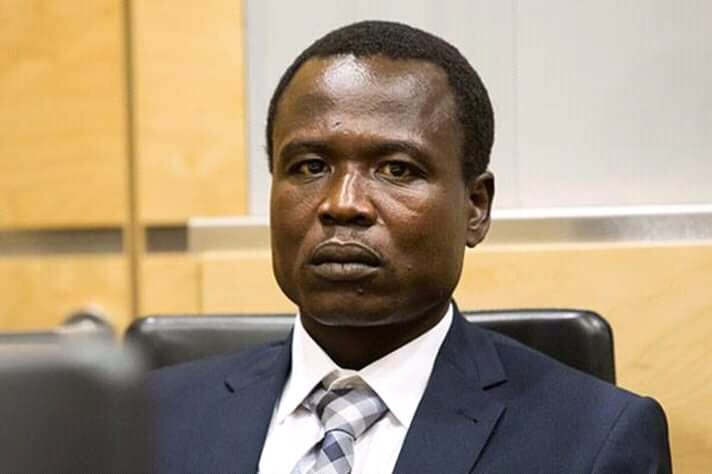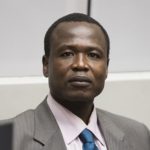The Trust Fund for Victims (TFV) at the International Criminal Court (ICC) has called for immediate voluntary contributions for the expeditious delivery of reparations to victims of sexual and gender-based violence, former child soldiers, and victims of attacks on four camps for internally displaced persons in the case of Dominic Ongwen.
The TFV Board of Directors urges states, organisations, corporations, and private individuals to urgently contribute EUR5 million (Shs19.9 billion) to allow for a start to the delivery of reparations to prioritise victims in line with the decision of the ICC judges in the Reparations Order.
The First Ongwen Funding Appeal from the TFV Board of Directors is issued at its 26th meeting held in the Hague. At this meeting, the Board of Directors deliberated on the fundraising strategy to enable the implementation of the Trial Chamber’s EUR52.4 million (Shs208.8 billion) Reparations Order of 28, 2024, which seeks to benefit more than 40,000 victims.
In accordance with the Reparations Order’s prioritisation, this urgent appeal for EUR5 million aims to address the victims’ urgent needs and vulnerability. The ordered reparations include symbolic payments, rehabilitation measures, as well as other symbolic and satisfaction measures. After fulfilling this first funding appeal, the Trust Fund for Victims intends to mobilise at least EUR 5 million (Shs19.9 billion) per year to progressively implement the Ongwen Reparation Order. The next appeal from the Board of Directors will focus on the implementation of activities to be approved by the Chamber.
The TFV Secretariat is currently undertaking the 5th week of victim-centred, participatory consultations with more than 2,000 potentially eligible victims of attacks against the camps in Abok, Lukodi, Odek, and Pajule, as well as potentially eligible victims of sexual and gender-based violence and former child soldiers who were abducted from all over northern Uganda within the scope of the conviction.
The consultations with victims, which are taking place in collaboration with local communities, civil society groups, and other stakeholders, are essential to ensure that the needs and concerns of the victims and survivors form the basis of the Draft Implementation Plan for the Ongwen Reparation Programme, which the Trust Fund will submit for approval to the Chamber on September 3, 2024.
In these consultations, survivors have welcomed the recognition of harm in the court order and have expressed the importance that reparations will have on their health, livelihood, overall well-being, and healing.








